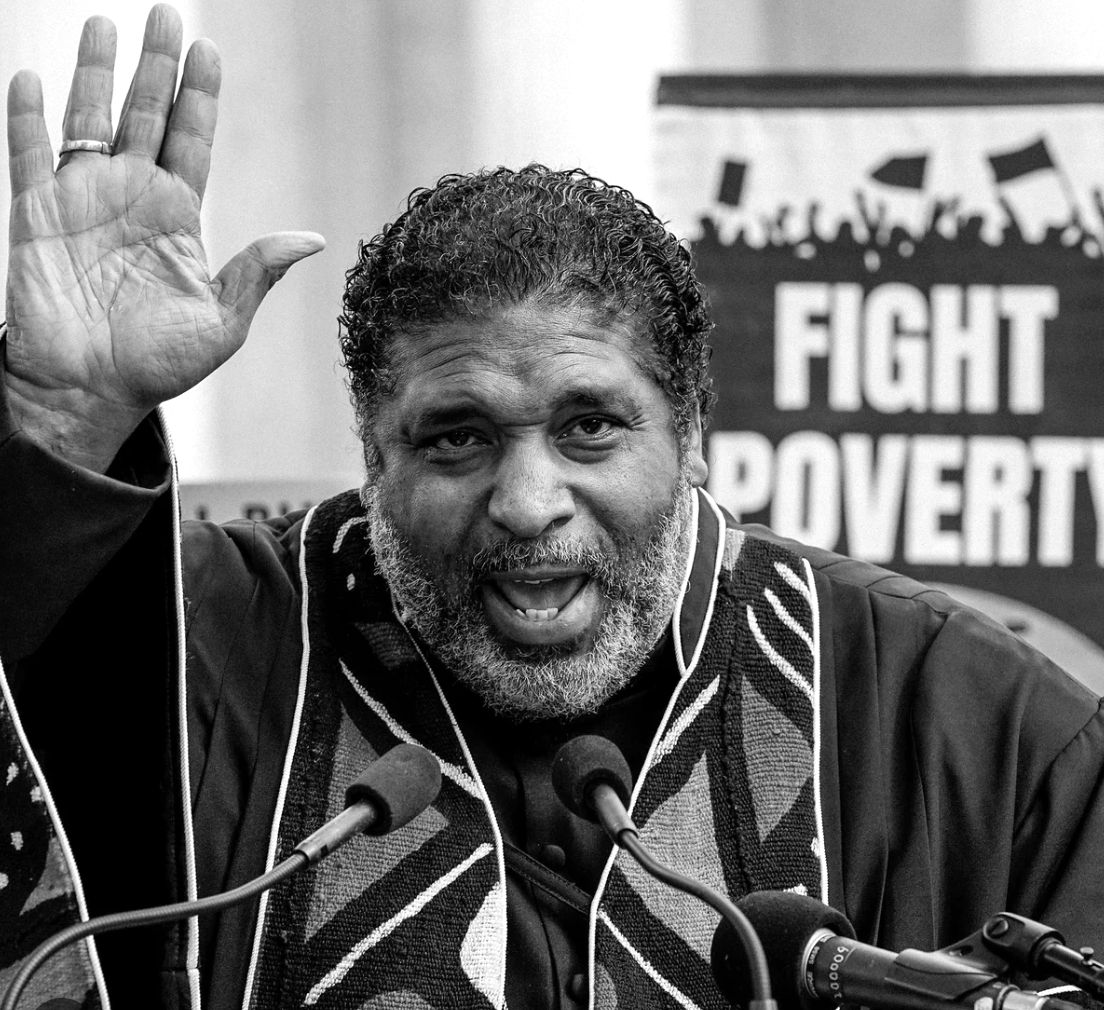Content:

The Rev William Barber’s ‘moral movement’ confronts Trump’s America. Can it work?
The Guardian
07/05/2025
Barber draws on a tradition that views justice as a covenant rather than charity, as a sacred demand to confront moral rot. Right now, that means challenging the Trump administration’s second-term agenda – and the Republican-controlled Congress advancing legislation that would slash Medicaid, food assistance and public education, while simultaneously giving tax breaks to some of the wealthiest Americans – or what Barber has simply called “policy murder”, a wholesale dismantling of services for the poor and vulnerable.
But Barber’s battle is both a moral rebellion against Trump’s America and against the deeper architecture of inequality that has survived every administration. His movement doesn’t simply resist a president. It challenges a political theology that weds nationalism to capitalism and cloaks exploitation in scripture. In Barber’s view, Trump isn’t the disease – he’s the symptom of a nation that never fully confronted its sins. “Jesus was not crucified because he was just talking about private sin,” he told me. “He was crucified because he turned over the money tables. That’s where government and religion had come into an unholy relationship, and were robbing from the poor.”
Not everyone will be reachable through scripture, though. Whereas nearly half of Americans attended weekly religious services at the height of the civil rights movement, only about 30% of Americans do so now, according to a recent Gallup poll. Barber sees the rising suspicion of moral language, and the growing distance from the church, but he doesn’t see it as an obstacle; rather, he sees an opportunity. “Young people are not leaving the faith because they don’t want justice,” he told me. “They’re leaving because we’ve too often offered them religion without justice, and theology without truth.” So he remains committed to preaching in public, to claiming a tradition that doesn’t just soothe, but disrupts with the intent of building a kind of moral pressure. Barber believes the system has rotted at its core. It’s why he often refers to a sickness in the country’s body, a deterioration of its heart – but he also believes it has the capacity to be reformed, and is drawing on a prophetic tradition to push it towards change. “He’s operating within the system,” Booker told me. “He’s not outside of it burning it down. He’s trying to get the system to live up to its stated values.”
Barber’s strategy mirrors that of Martin Luther King Jr a generation before: not to write legislation personally, but to focus enough attention on a moral crisis that the system has to respond. The marches weren’t meant to replace lawmaking, but to expose it – to show where justice had failed, and to make action unavoidable.